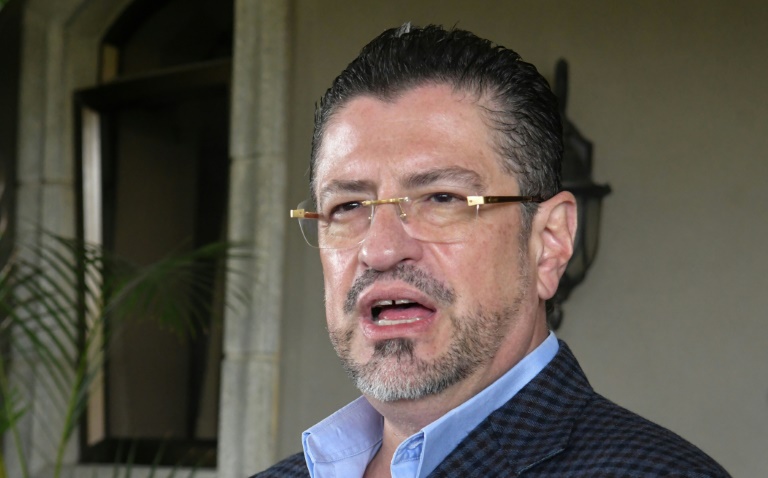Costa Rican President-elect Rodrigo Chaves said Tuesday that his government would not ratify the Escazu Agreement that establishes protection for environmentalists.
The treaty was the first in the world to contain specific measures to protect the human rights of environmental defenders and Costa Rica had been the driving force behind it.
Outgoing President Carlos Alvarado had asked lawmakers to ratify the agreement, but Chaves said the treaty was unnecessary and could harm the economy.
“The private sector should be reassured that the Escazu Agreement is not on the government’s agenda,” the right-wing economist said at a press conference where he also announced several of his future ministers.
“I don’t think it would be beneficial for the country,” added the former World Bank official, who will take office on May 8.
Costa Rica, a regional leader in environmental protection, hosted the signing of the Escazu Agreement in 2018.
In addition to protections for campaigners, the treaty also guarantees public involvement in the environmental decision-making processes, especially those that may impact health.
But with the economy struggling, Chaves termed it “worrying” that the agreement could “delay (investment projects) in an unjustified and possibly arbitrary way.”
The treaty has been signed by 24 countries and ratified by half of them, which guarantees its validity despite Costa Rica’s now-likely lack of ratification.
Chaves also said the treaty was superfluous.
“Our legislation already includes everything in the Escazu Agreement,” he said.









